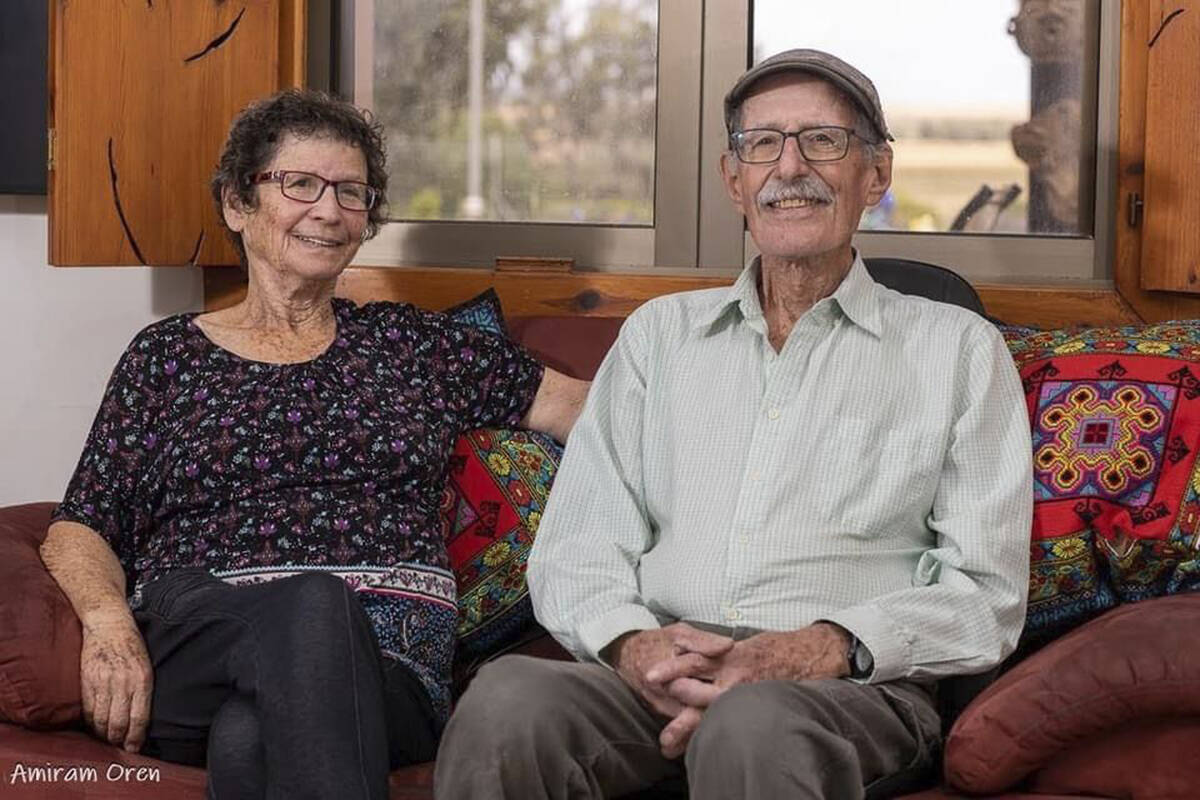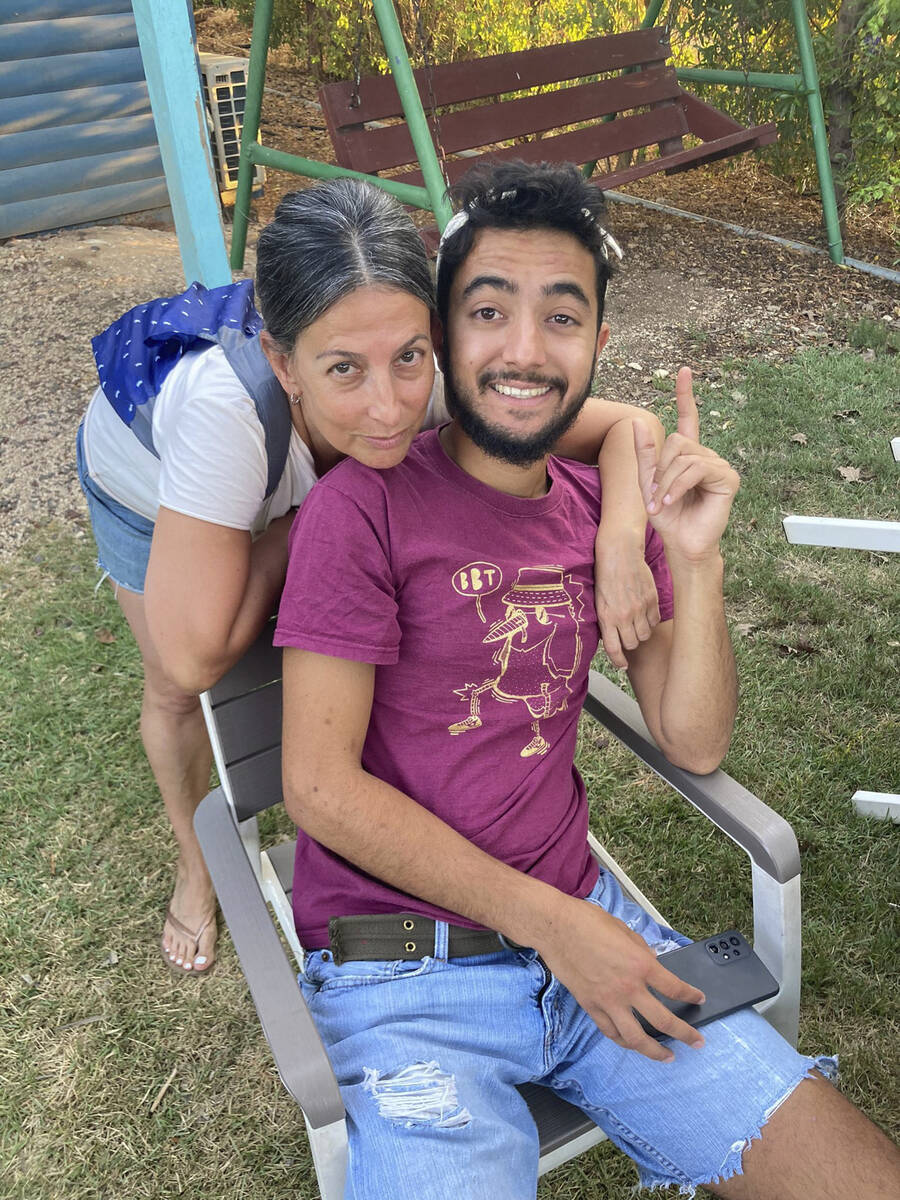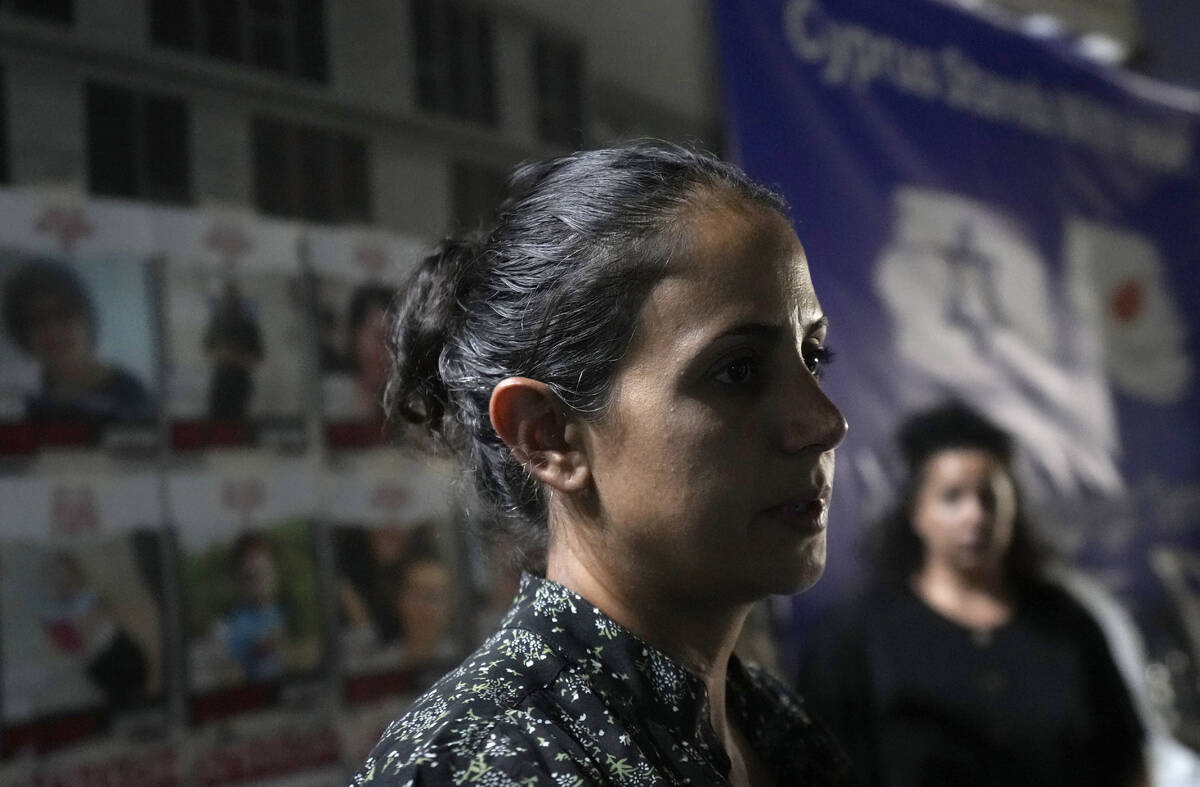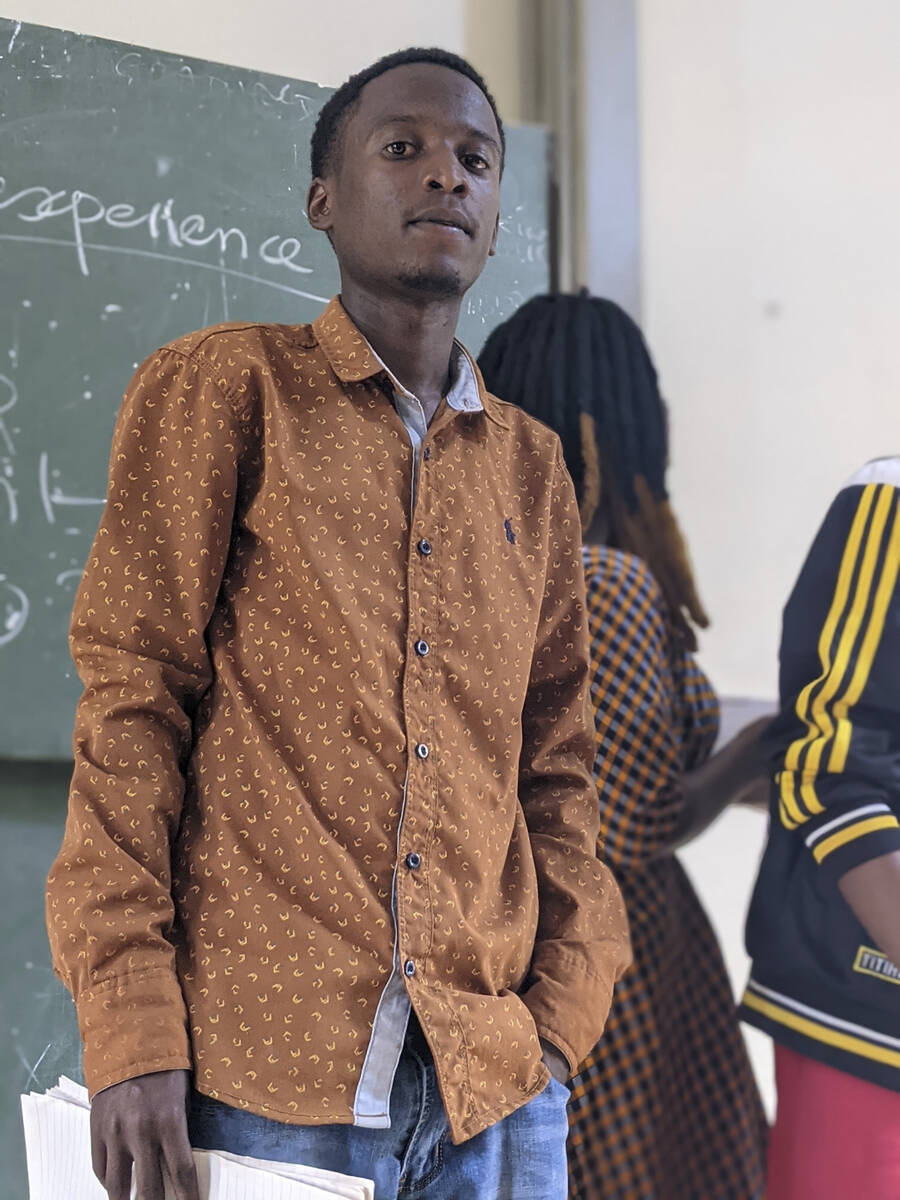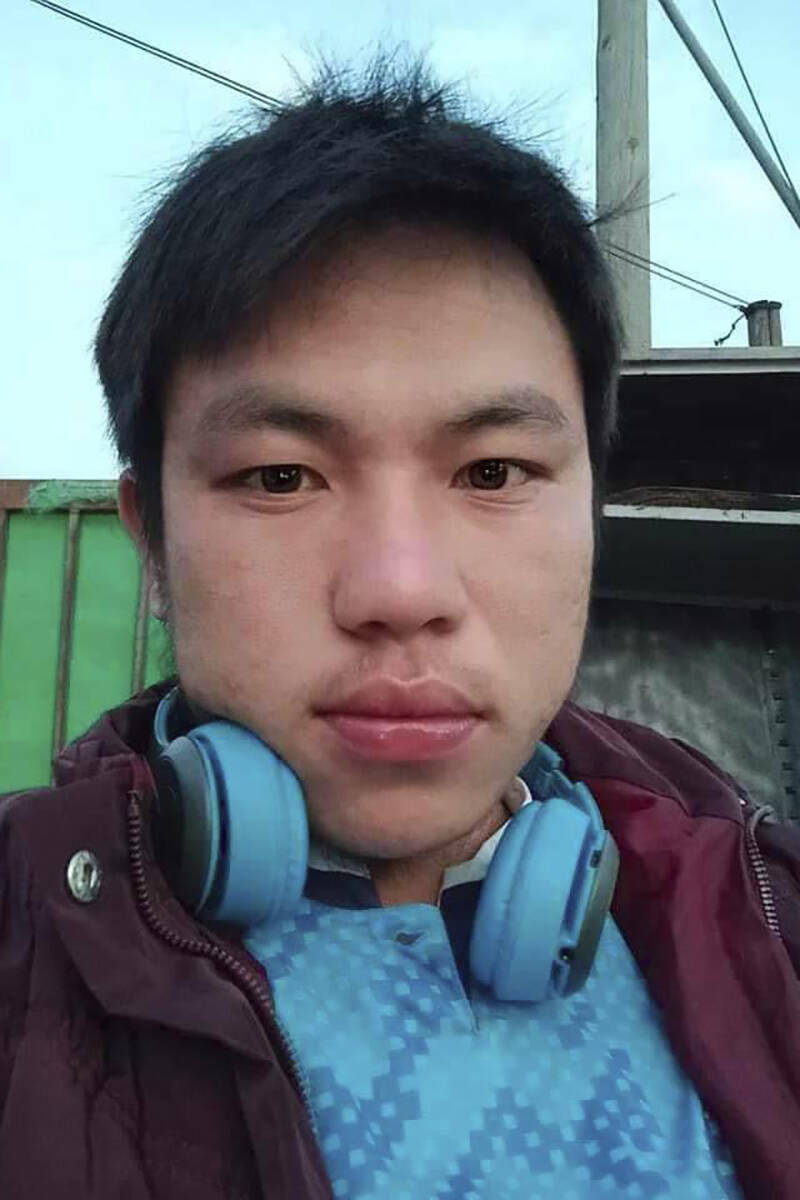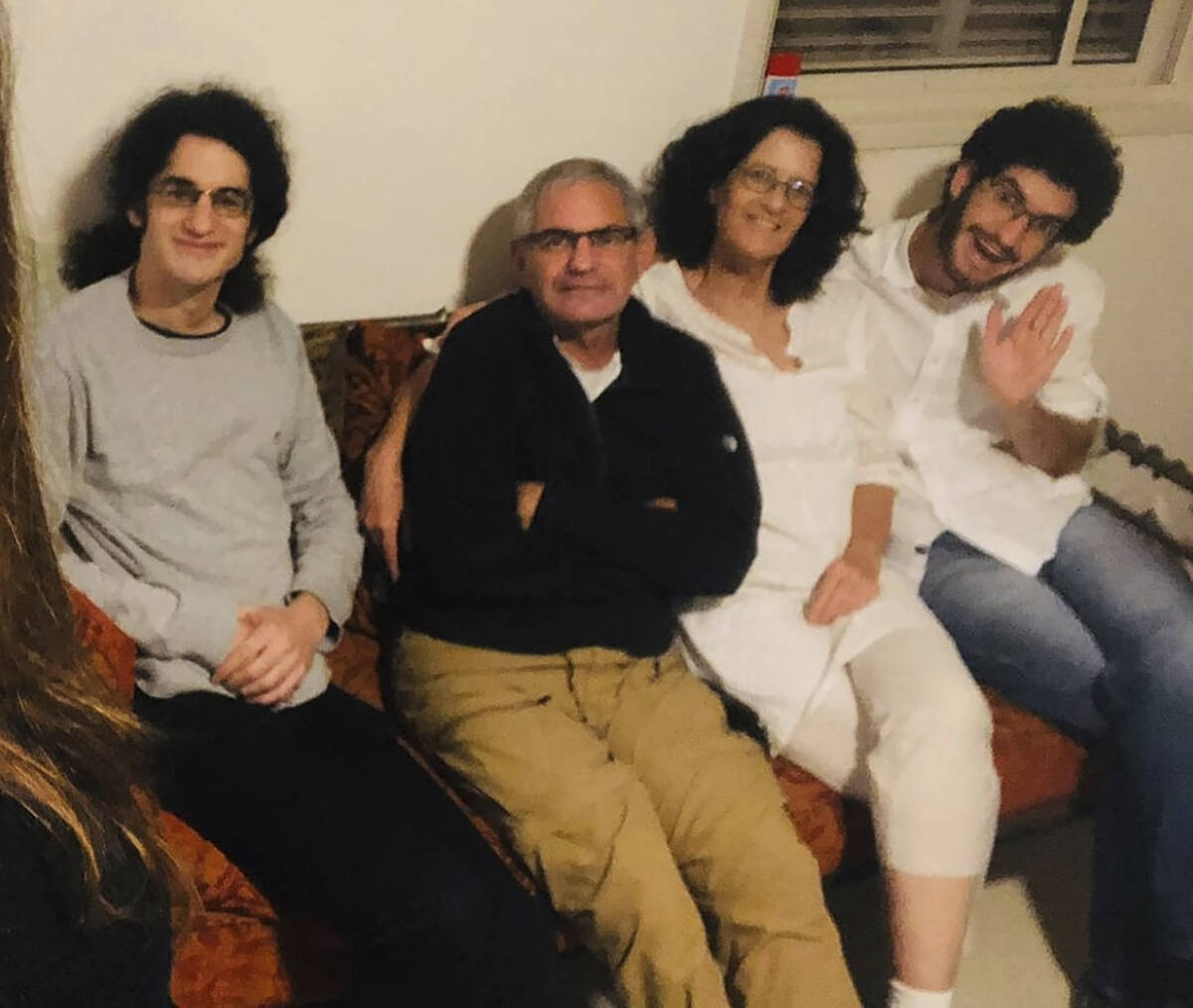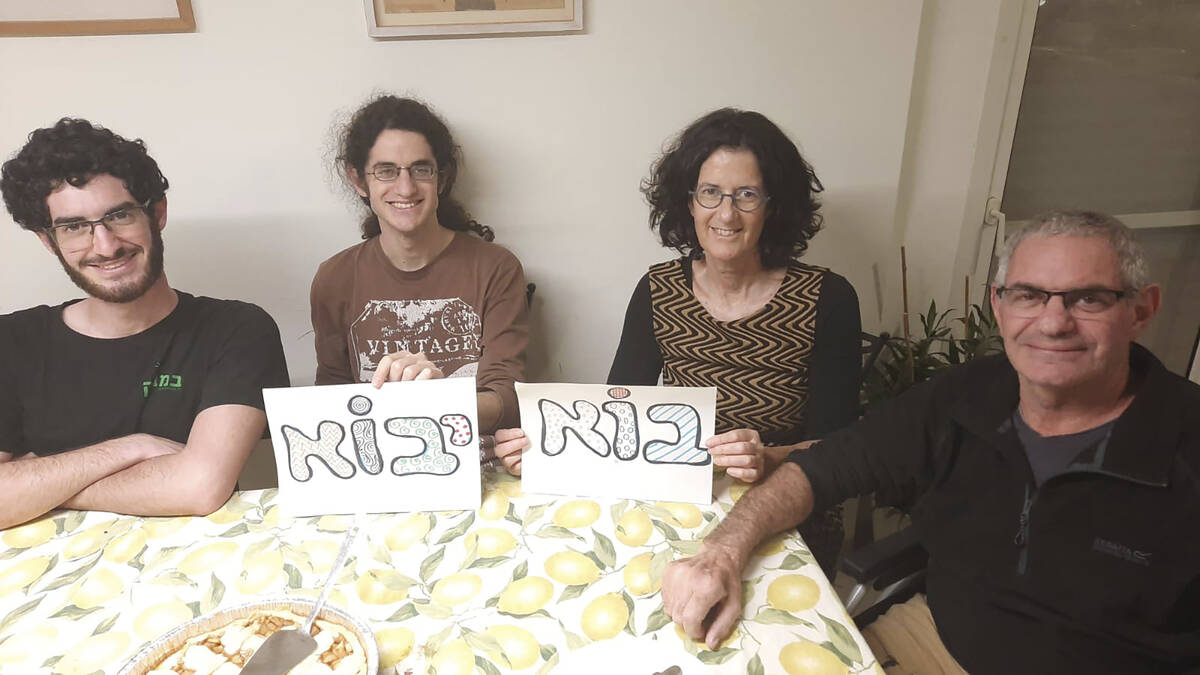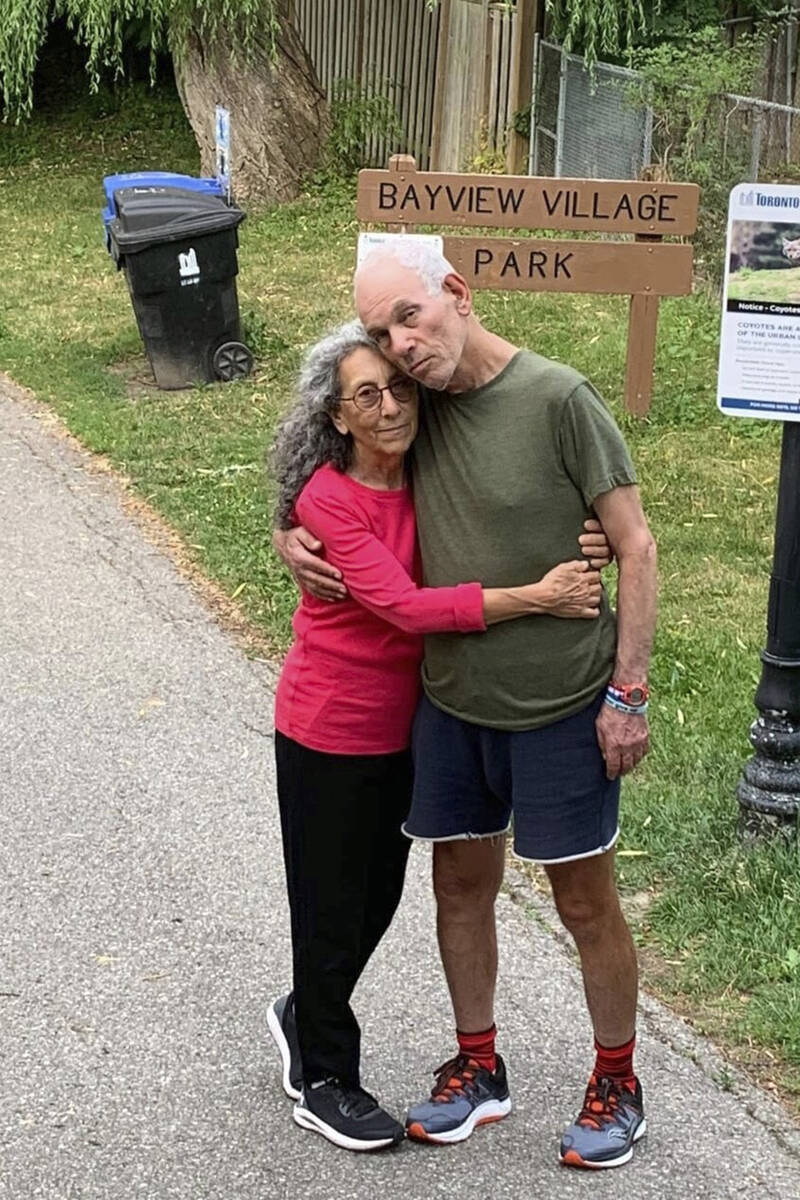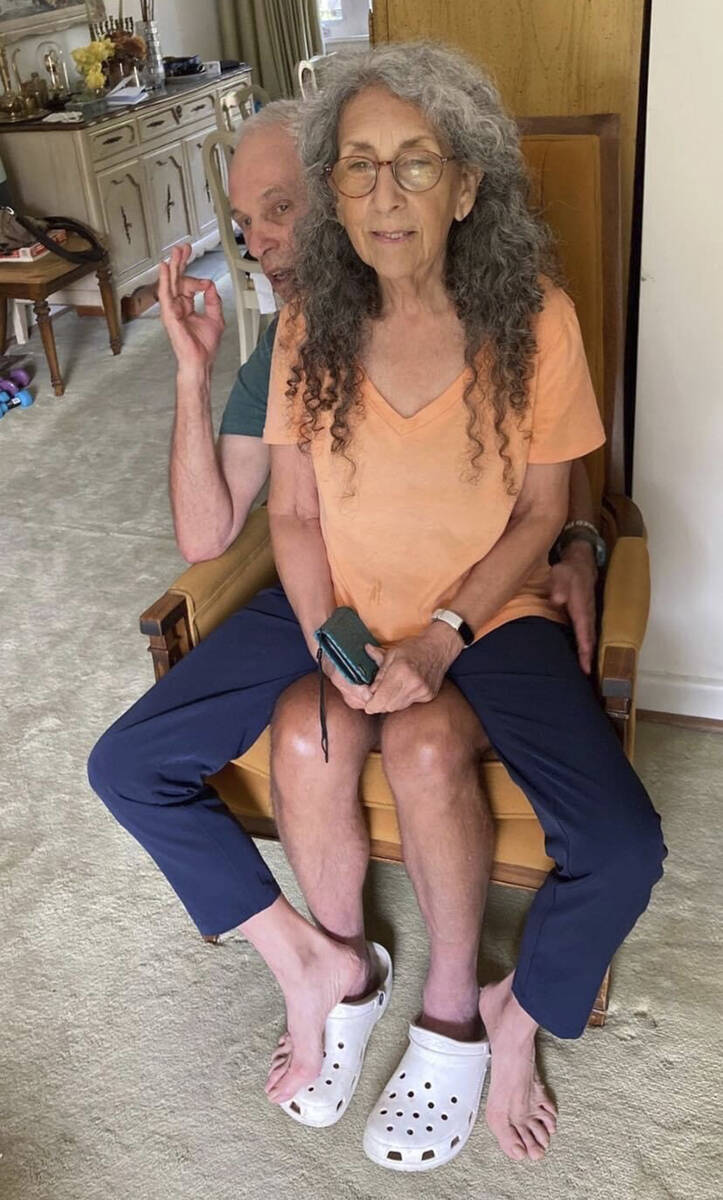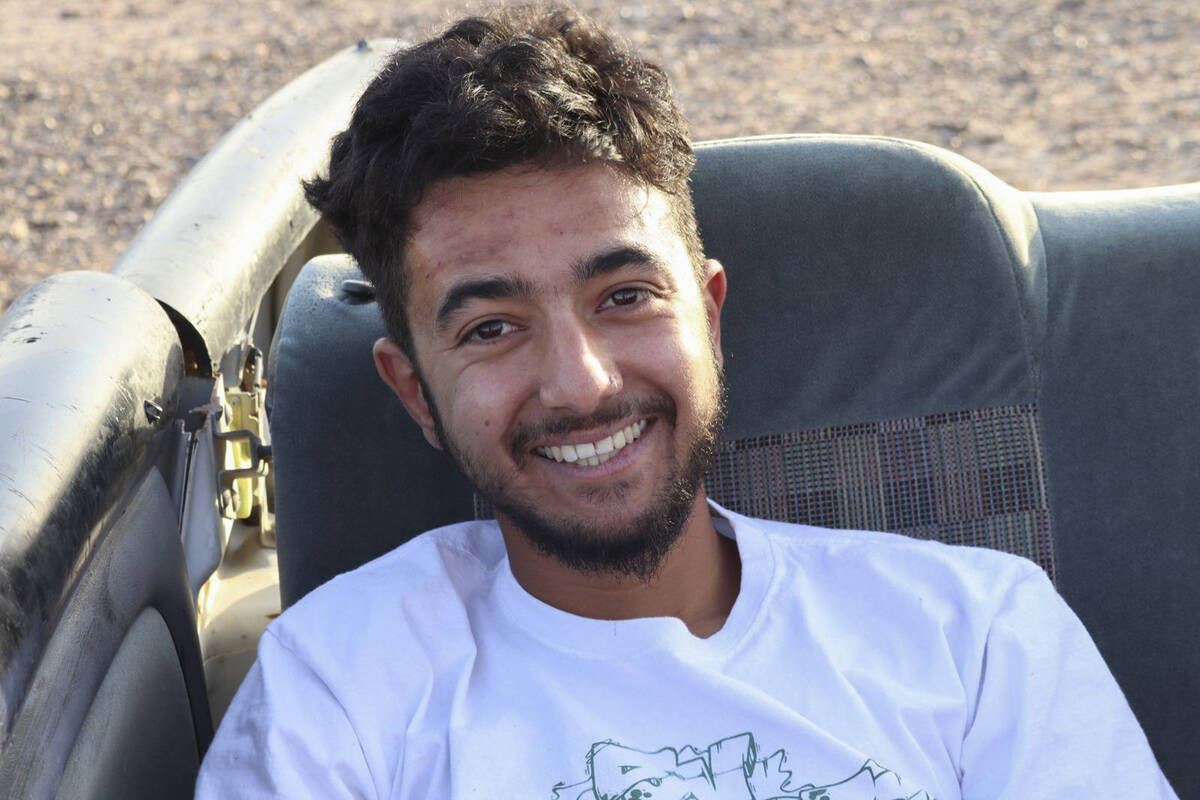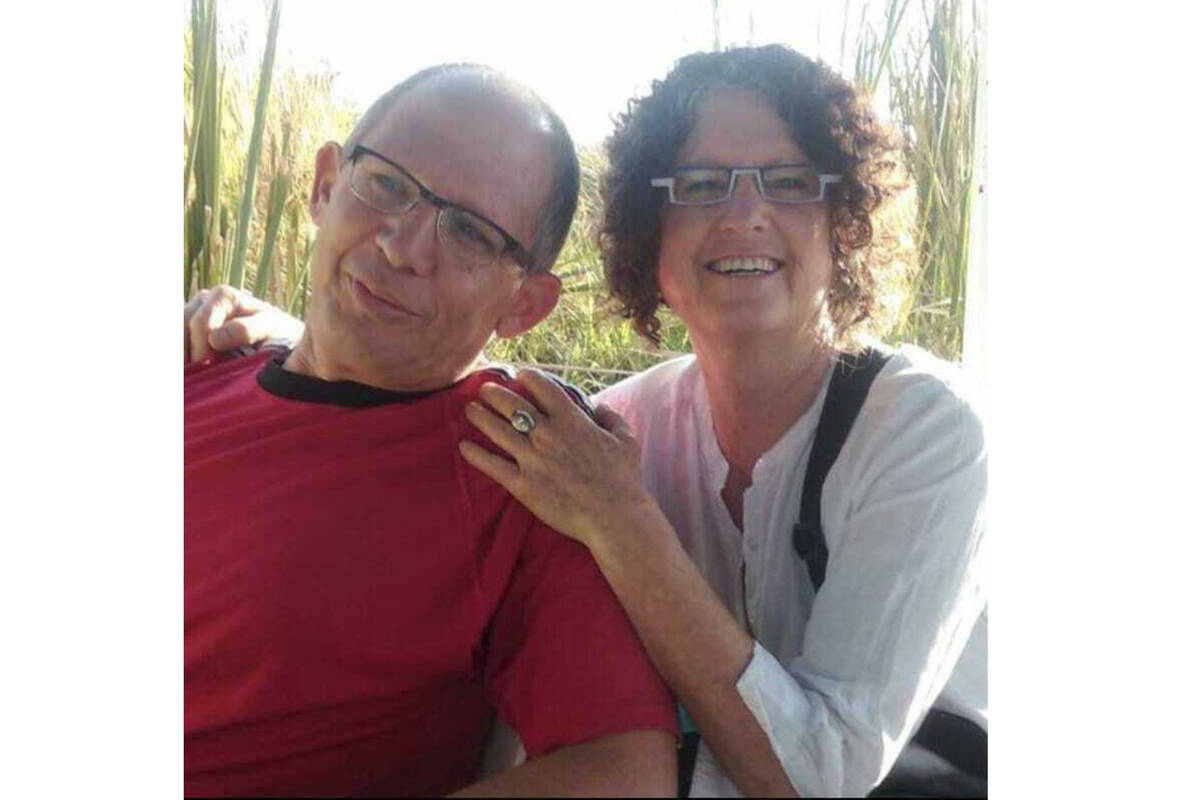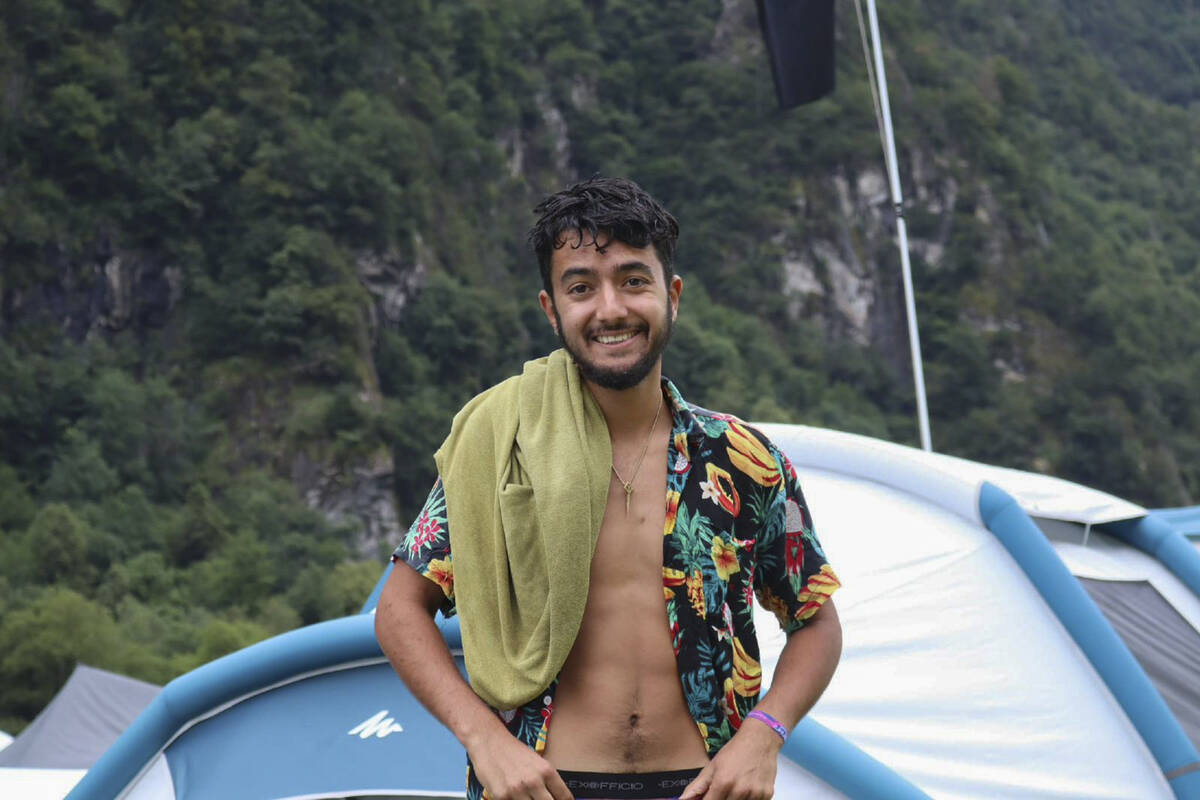5 hostages of Hamas are free, offering some hope to families of more than 200 still captive
Five hostages of Hamas are free, offering some hope to the families of more than 200 others snatched in southern Israel during the deadly rampage on Oct. 7.
Israel on Monday announced its first hostage rescue — that of army Pvt. Ori Megidish. Hamas had earlier released Americans Judith Raanan, 59, and her daughter, Natalie, 18. Also let go were Yocheved Lifshitz, 85, along with Nurit Cooper, 79. Their husbands remain in captivity.
Hamas has said it would let the others go in return for thousands of Palestinian prisoners held by Israel, which has dismissed the offer.
Here are stories of some of the more than 200 still held.
Gong Sae Lao
Gong Sae Lao of Thailand wasn’t worried when he traveled a year ago to Israel to work as a farm hand.
Gong knew vaguely about the conflict between Israel and the Palestinians. He knew of occasional rocket attacks from the air, of skirmishes and of tensions. But the capacity to earn a living was limited at home in northern Thailand, where Gong delivered fruits and vegetables to market. Moreover, his family was in debt, and Gong — with his father long dead and a brother in prison — was the main provider.
So he headed for Israel in November 2022 to earn wages that would give himself and his loved ones a brighter future.
But Gong’s plan went horribly awry on Oct. 7, when Hamas terrorists slipped into southern Israel and launched a series of bloody, coordinated attacks that ultimately claimed nearly 1,400 lives. Kibbutz Be’eri, where Gong worked, was one of the targets.
Wanwarin Yensuk of Chiang Mai, Thailand, works as the Thailand program manager for the U.S.-based Global Fund for Children. A fluent English speaker, she stepped forward to help Gong’s wife communicate with non-Thai speaking officials.
According to Wanwarin, the 26-year-old Gong was on Facebook Live talking to other Thai migrant workers in Israel when the attack began. Loud shooting was heard in the background. Gong’s wife was listening in. She urgently called her husband. That was the last time she heard his voice.
Four of the Thai workers in Gong’s tight-knit group managed to escape, Wanwarin said. Gong and another worker were taken hostage. Their living quarters were burned to the ground.
Gong’s family is from the village of Mae Fah Luang, in northern Chiang Rai province. They are members of the Hmong minority.
Wanarin said that no one from either the Israeli or Thai government has contacted Gong’s family, but a local official contacted his mother about collecting a DNA sample, presumably to help identify him if his body is found.
Oded Lifshitz
Oded Lifshitz has spent his life fighting for Arab rights, but that didn’t prevent him from being abducted by Hamas terrorists who raided Israel on Oct. 7.
Throughout a long career in journalism, he campaigned for the recognition of Palestinian rights and peace between Arabs and Jews. In retirement, the 83-year-old drove to the Erez border crossing on the northern edge of the Gaza Strip once a week to ferry Palestinians to medical appointments in Israel as part of a group called On the Way to Recovery.
“My father spent his life fighting for peace,” his daughter Sharone Lifschitz, who spells her surname slightly differently, told reporters last week in London. “I am his daughter. We are all his children. When we ask for peace, we ask to see the human within each of us.”
Oded and his wife, Yocheved, were among the founders of Kibbutz Nir Oz, from which they were abducted when Hamas terrorists raided the community and killed dozens of residents. Yocheved Lifshitz and another elderly woman, Nurit Cooper, were freed last week. Oded Lifshitz remains in captivity.
In a lifetime devoted to building better relations with the kibbutz’s Arab neighbors, Oded was most proud of his work on behalf of the traditionally nomadic Bedouin people of the Negev Desert, Sharone Lifschitz said, describing a case that went to Israel’s High Court and resulted in the return of some of their land.
Even after last month’s events, Sharone Lifschitz believes her father still supports reconciliation — just like her mother, who shook her captor’s hand and said “shalom,” the Hebrew word for peace, as she was released.
“We should celebrate, you know, the people that are working for peace — not the people just that are working for war,” Sharone Lifschitz said. “I think that was my father’s life story.”
Clemence Mtenga and Joshua Mollel
Agriculture is Clemence Felix Mtenga’s love.
The shy, studious Tanzanian skipped his graduation ceremony from Sokoine University of Agriculture near home in the Kilimanjaro region for a year-long internship in Israel. It was his first time out of the country.
“He was so excited to learn and meet new people,” said his sister, Alphoncena Mtenga. “He wanted to start his own agri-business.”
Clemence, 22, and another Tanzanian agriculture intern, 21-year-old Joshua Loitu Mollel, were working on cow farms and living in separate kibbutzim not far from the Gaza Strip when they were taken in the Oct. 7 rampage by Hamas terrorists.
Clemence had been placed at the kibbutz Nir Oz. Joshua was living at Nahal Oz. They had arrived in Israel in mid-September. Loitu Sindoeni Mollel had last spoken to Joshua, the eldest of his five children, on Oct. 5.
“I told him, you’re in a foreign country, you have to have good behavior so you can succeed,” the father said by phone from his home in Tanzania’s Manyara region. “Now, my other children ask me every day, ‘Where is my brother? Where is my brother?’ But I have no answers.”
Joshua, kind and outgoing, had just graduated from an agriculture college about three hours from Dar es Salaam. Like Clemence, he had never traveled outside of Tanzania. And he, too, had dreams connected to the land. “He wants to be a big farmer,” his father said.
Clemence is the youngest of four siblings in a tight-knit family, his sister said. Socially, he often kept to himself. He attended church every Sunday back home and sang in the choir.
“He has a beautiful voice,” she said. “He dreams of being a very successful person.”
Thirty-six agriculture interns from Tanzania were living near Gaza at the time of the attack, according to the human rights organization Hotline for Refugees and Migrants. The rest have been accounted for.
Bibas family
Ofri Bibas couldn’t bring herself to tell her brother, Yarden, she loved him when his home came under attack, fearing that might signal some kind of irreversible finality, she said.
Yarden Bibas, his wife, Shiri, and their sons, 4-year-old Ariel and 9-month-old Kfir, were snatched from their home in the Nir-Oz Kibbutz during the Oct. 7 Hamas onslaught.
Her brother initially believed the volley of rocket fire was “just another bombing like we’re used to,” said Ofri Bibas, who lives elsewhere in Israel.
But he soon realized it was “something much bigger and much worse,” she said, speaking earlier this month at a rally in support of Israel in Larnaca, Cyprus, that she and other relatives of the hostages attended to raise attention to their loved ones’ plights.
Ofri Bibas said she communicated with her brother in a flurry of texts as the Hamas gunmen roamed around outside his home. She said her brother and his wife did their best to keep their sons quiet.
“Try to imagine keeping a 9-month-old and a 4-year-old kid quiet so the terrorists won’t come in,” she said.
Yarden Bibas told his sister he had a gun in the house, but couldn’t use it to defend his family against so many gunmen armed with automatic rifles.
Then her brother said he loved her. But Ofri Bibas didn’t respond she loved him too. “I just said, ‘Shut up it’s going to be okay, shut up. Just be quiet and follow the security and everything will be all right.’”
Later that night, Yarden sent a final text that the gunmen had entered the family’s home.
Ofri Bibas said she and her family learned that Shiri and the boys were taken by Hamas through a video released by the Islamic terrorists on social media. Later, Hamas released an image showing her wounded brother held by his throat by a terrorist holding a hammer in his other hand.
Ofri Bibas said every time she hears children playing, she thinks of her little nephew, Kfir, hungry and afraid.
“They must be terrified. We just ask everyone to help us bring them back home,” she said.
Haran family
For days after the brutal Hamas attack, Shaked Haran sought any clues she could about the fate of her missing parents, sister, little niece and nephew, two aunts, an uncle, a cousin — 10 family members in all, spanning three generations.
There were strong signs that at least some had been taken hostage. Her parents’ house at Kibbutz Be’eri was burned but the shelter was intact and there were no bodies found in it. Phone locations were tracked to Gaza. Haran’s brother-in-law had been seen being put in a Hamas car. And after a friend called the father’s phone more than 100 times, someone finally answered in Arabic and then referred in Hebrew to a hostage situation.
If captivity was a terrible outcome, the alternative would be worse.
But earlier this week, Haran, a 34-year-old attorney who grew up on the kibbutz but now lives in Beersheba, got the devastating news that the body of her father, Avshalom Haran, had been identified — he’d died in the terrible violence at Be’eri. The news came shortly after her uncle, Eviatar Kipnis, had also been confirmed dead.
Now, Haran can only pray her other relatives are alive — and tell the world their stories. They include her mother, Shoshan, a longtime social activist who founded the nonprofit Fair Planet, which works to fight food insecurity in the developing world by helping farmers.
“She’s really dedicated her time to this, trying to get as many people out of the poverty cycle as possible,” Haran said, adding that her family had been committed to peace, with many active in peace organizations, and raised her “to think about the person on the other side of the situation.”
Also missing: Haran’s sister, Adi, a psychologist; her husband Tal and their children Naveh, 8, “a bright, open-hearted boy that makes friends in an instant,” and Yahel, 3, “creative and full of life.” Also believed abducted are Haran’s aunt, Sharon, her 12-year-old daughter, Noam, and another aunt, Lilach Kipnis.
Asked if she has a message on behalf of her family, Haran preferred to speak about all the hostages and victims.
“I love my family, but they’re one small story in this huge catastrophe,” Haran said. “They’d want the message to be that they’re part of the family of the kibbutz — and the family of Israel.”
Judith Weinstein and Gad Haggai
Judih Weinstein and her husband, Gad Haggai, were on their morning walk when gunfire erupted and missiles streaked across the sky. Taking cover in a field, they could hear a recorded voice from an alert system for their kibbutz in southern Israel.
“What did she say?” Weinstein, 70, asked in Hebrew as she captured the scene on video.
“Red alert,” her 72-year-old husband said.
Weinstein shared the 40-second video clip in a group chat Oct. 7, when Hamas attacked Kibbutz Nir Oz. That has been their last contact with their family.
More than a week later, Weinstein and Haggai are still missing. Their family used the video to pinpoint the couple’s last known location and shared it with the Israeli army, but a search came up empty. Their fate remains a mystery to their four grown children.
A daughter, Iris Weinstein Haggai, has been relentlessly looking for answers from her home in Singapore. The family heard ominous news from a paramedic, who said Weinstein had called for medical help.
“She said they were shot by terrorists on a motorcycle and that my dad was wounded really bad,” said Weinstein Haggai, 38. “Paramedics tried to send her an ambulance. The ambulance got hit by a rocket.”
The paramedic lost contact with Weinstein, leaving her family grappling with worst-case scenarios.
Haggai is a retired chef and jazz musician. Weinstein, a New York native, is a retired teacher. Both are pacifists who raised their children at the kibbutz, where everybody knows their neighbors.
Hersh Goldberg-Polin
His mother describes Hersh Goldberg-Polin as like a lot of other young people.
The 23-year-old from Jerusalem loves music, wants to see the world and, now that he’s finished his military service, has plans to go to university, his family says. But first he has to come home.
Goldberg-Polin was last seen on Oct. 7, when Hamas terrorists loaded him into the back of a pickup with other hostages abducted from the music festival where at least 260 people were killed.
Despite those harrowing accounts, his mother, Rachel Goldberg, holds out hope she will see him again.
“He’s a survivor,” Goldberg said of her son, whose grin beams out from behind a sparse, youthful beard in family photos. “He’s not like this big, bulky guy. But I think that survival has a lot to do with where you are mentally.”
Born in Berkeley, California, Goldberg-Polin moved to Israel with his family when he was 7 years old.
As a child, he wanted to learn about the world, poring over maps and atlases to learn the names of capital cities and mountains. Later he became a fan of psychedelic trance music and once took a nine-week trek through six European countries so he could attend a series of raves.
Not surprising then, that he and some friends headed to the Tribe of Nova music festival, billed as a place “where the essence of unity and love combines forces with the best music.”
That vibe was shattered by gunmen who stormed into Israel from the nearby Gaza Strip.
Witnesses said Goldberg-Polin lost part of an arm when the attackers tossed grenades into a temporary shelter where he and others had taken refuge, but he tied a tourniquet around it and walked out before being bundled into the truck.
Family and friends have organized the “Bring Hersh Home” campaign on social media, hoping he will still be able to take a planned backpack trip through southern Asia.
But first his mother hopes someone helps her son.
“It will require like the biggest heroism and strength and courage, but I want someone to help out and I want someone to help all of those hostages.”



